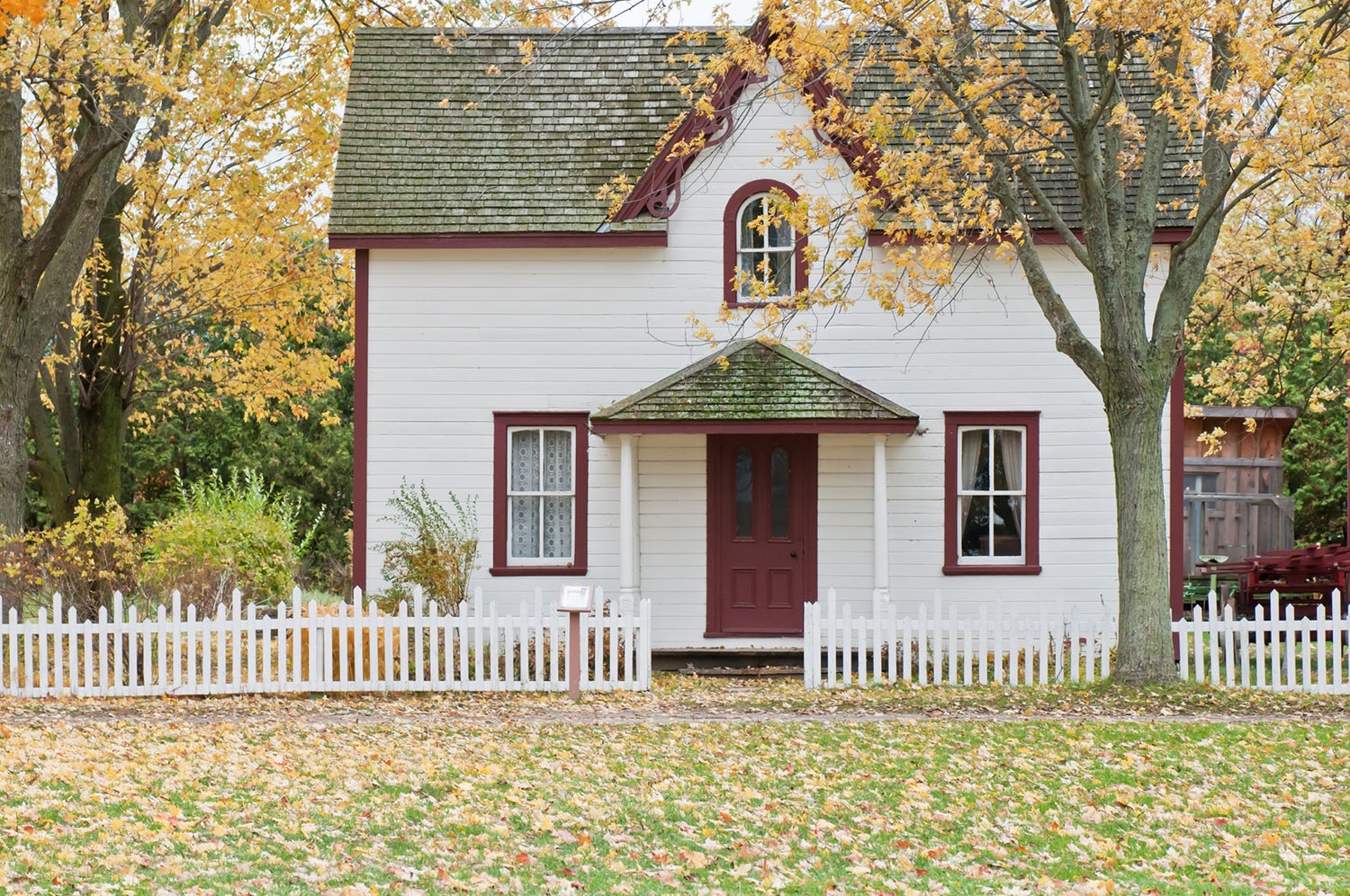In this time when people are looking at their retirement portfolios and thinking, “wait a minute, I don’t want to have to work five extra years to recover,” reverse mortgages have been an increasingly popular tool. They are expected to grow in popularity.
Everybody is watching what’s happening and trying to think about what’s going to happen next. How are things going to change, and where will be the new normal? When we come out of this situation, however long it lasts, we should expect a lot of changes societally, and also potentially in the investment market. Between the fact that people feeling like their retirement portfolio may be taking a hit along with the fact that people can’t grow it safely with a fixed income, a lot of people may start to look at reverse mortgages as an option.
 A recent segment of Money Life with Chuck Jaffe dove deeper into investment strategy changes and featured Steve Resch, Vice President of Retirement Strategies for FAR. People are starting to realize the potential of bringing home equity into their financial plan as a non-correlated asset. It is something they can draw from, regardless of what is happening to the market. While we are going to see changes in the way we invest in the market, there is permanent stability in the way you can access your home equity.
A recent segment of Money Life with Chuck Jaffe dove deeper into investment strategy changes and featured Steve Resch, Vice President of Retirement Strategies for FAR. People are starting to realize the potential of bringing home equity into their financial plan as a non-correlated asset. It is something they can draw from, regardless of what is happening to the market. While we are going to see changes in the way we invest in the market, there is permanent stability in the way you can access your home equity.
There is a rise in people getting divorced later in age and changing their living situations. Chuck Jaffe recalls a friend that got a divorce later in life. He was in a house that he anticipated living in for the rest of his life, but suddenly he was concerned about messing up his reverse mortgage financing options down the line. We are also seeing many others changing their shelter-in-place situations. Chuck posed the question to Steve Resch, “does that change the picture, and how does that change the picture?”
“There is an opportunity to use a reverse mortgage for purchase. One out of three baby boomers intend to move or relocate to get the right house for them.” Steve explains, “the reverse mortgage for purchase allows them to use the equity they already have and leverage that for the home they need to be in without incurring any additional principal or interest payments.”
Steve goes on to say, “In particular, with silver divorce situations that we see, there is an opportunity to take that primary home and separate the equity between the two of them. Each of them can take proceeds from that home to get a new home, again, with no additional principal or interest payments required.”
In terms of timing, a lot of people did not enter this economy with enough savings in terms of liquid assets, and that may apply to many retirees; they might be well off, but they don’t have a lot of liquid assets. A reverse mortgage is a way to generate additional cash flow for anyone caught in a pinch.
“I think this is an ideal product to bring liquidity into your planning process, whether you need it today or in the future.” Steve advises, “you can access the capital or eliminate an existing mortgage – whether you need it for liquidity today or in the future. While you live in your home throughout your retirement, you have access to it.”
Steve notes that one of the major US banks is no longer accepting HELOC applications because of COVID-19 economic uncertainty. “This highlights the fact that a reverse mortgage is an excellent resource for a long-term planning tool. It provides a line of credit option that is independent of the value of the property that will grow and compound over time. If your property loses value, you are not going to have the lender coming back to re-cap the loan because we don’t like what is happening to the real estate market. It can potentially add peace of mind and flexibility to your long-term financial plan. You can effectively set up a reverse mortgage line of credit that is available to tap into in case there are any uncertainties later.”
Steve Resch encourages people near retirement age who plan on working until they are seventy, “to take your existing mortgage now and convert it to a reverse, and continue to make payments because you are growing a line of credit that will compound over time and provide greater access to capital down the road, once you do retire.”
Interest rates
Reverse mortgage interest rates are competitive to those associated with the forward mortgage marketplace. The only difference is that there is no required payment, as far as principle or interest goes, if you are living in that home.
Common misconceptions
There are some common misconceptions with reverse mortgages, such as, “the bank owns my home.” However, it is a mortgage just like any other mortgage, whereas the consumer always retains the title to the property if they die or move on. If there is equity in the home afterward, the family can sell the home and keep it, just like any other property sale.
Also, there have been many safeguards added to the program over the years. Changes have been made to make sure that everything works best for everyone.
The counseling is much more in-depth to make sure that everyone knows precisely how this product works and to make sure it’s right for you.
—–
This article is intended for general informational and educational purposes only, and should not be construed as financial or tax advice. For more information about whether a reverse mortgage may be right for you, you should consult an independent financial advisor. For tax advice, please consult a tax professional.















I WANT TO KEEP UP TO DATE ON RETIREMENT TRENDS
Follow Us.